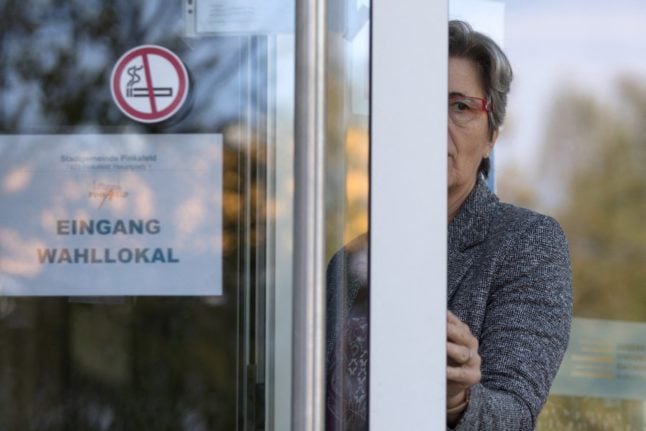What’s happening this week?
From Monday, March 11th until Monday March 18th, Austrian citizens can cast a vote in 14 petitions. They can do so online or in one of the the roughly 2,000 venues nationwide.
The petitions are titled:
- Peace through neutrality
- No to nuclear power greenwashing
- Abolish party funding
- Abolish the CO2 tax
- Abolish energy taxes – referendum
- Ban glyphosate!
- Don’t throw food away!
- Stop the energy price explosion now!
- Daily gymnastics lesson
- No NATO accession
- The intensive care bed capacity expansion referendum
- No electric car obligation
- Strengthening Austria’s neutrality
- Are you clever
What are the main issues on the agenda?
“Peace through neutrality” explicitly addresses the issue of Austrian neutrality and demands the country’s stance of neutrality is toughened so that there are no Austrian soldiers abroad (currently, they may be sent to peace-keeping operations). It also demands that no foreign military transports through Austria.
READ ALSO: Why isn’t Austria in NATO?
There are two similar petitions. One demands that Austria refrains from joining the military alliance NATO (there are currently no talks for accession) whilst the other is titled “Strengthen Austria’s neutrality.”
Several petitions are aimed at pushing back against green initiatives, such as “Abolish the CO2 tax”, “Abolish energy taxes”, and “No electric car obligation”.
One of the petitions demands daily gymnastics or physical education classes in Austrian schools.
Finally, a popular (and populist) one called “Are you clever?” wants the government to demand every prospective federal government member pass a test on general knowledge and specific knowledge for their intended area of responsibility before being sworn in.
“The results of these tests should be made available to all citizens in detail,” the petition states.
When will the results be announced, and what will they mean?
Preliminary voting results will be announced on the interior ministry’s website on the evening of March 18th.
The petitions that receive more than 100,000 signatures must be discussed in parliament, so there will be a broad public debate on many of these matters.
However, that does not mean that Austrian politicians are obliged to vote in favour of these measures – even if they get hundreds of thousands of signatures and a long debate in parliament.
Who can sign the petitions?
Only people with the right to vote for the National Council, Austria’s parliamentary house, can sign the petitions. That means they must be Austrian citizens, over 16 years old, registered as voters, and not excluded from the right to vote.
The voting can be in person or online, using the government’s authentication app (Austrian ID). Austrians abroad can also sign them online.
It is worth noting that foreigners, despite having the official authentication app, will not be able to sign any of the petitions.
READ ALSO: How can foreigners have their say in Austria?
How are the petitions started?
According to the Interior Ministry, “civil representatives” (anyone who is not a government employee) can present a petition to be signed by the Austrian population. However, petitions that would be submitted to the Austrian Parliament need to be about matters that are regulated by federal law – as the Austrian federal government cannot rule on local or regional issues.
There are several criteria they must meet, including an introduction procedure which needs demands the collection of more than 8,400 signatures and the payment of a “cost contribution” of €559.40 to an account of the Ministry by the person behind the petition. A later amount of around € 2,500 is also demanded if the petition is accepted.



 Please whitelist us to continue reading.
Please whitelist us to continue reading.
Member comments